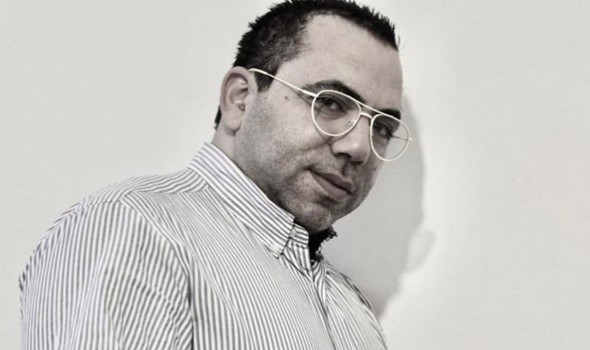Poetry on the move: In and out of trouble
Poetry on the move: In and out of trouble

Migration is such an upheaval, a life-changing decision, such an emotional experience that it is not surprising that many migrants write poems, many read them.
In and out of trouble:
Poetry got Amir Darwish into trouble (“They asked me: ‘Where do you get your ideas? Where did the inspiration come from?’ It was scary. Then they took me into prison and tortured me”). Later, it helped him get out of trouble.
His love of literature was fuelled by his brother’s book collection, particularly those secreted in the attic from where Darwish junior would surreptitiously take a volume, read and carefully return it to its original spot.
In his mid-teens he began to wonder why there was no country of Kurdistan.
He began conjuring up the imaginary land in poetic words, which might have gone unnoticed had he not shown his work to his brother’s friend — who turned out to be a government spy.
Flight from Syria to Dubai, and later to the UK, followed. It’s been his home for 21 years.
For the first decade or so he lived in the north-east, which was, he recalls, “a hotbed for the far-right … and I gradually started to understand that racism is going to be part and parcel of my journey.”
But he felt he was growing stronger and some of the anti-migrant pressure diminished when he moved to more multicultural London.
“Racism and anti-migrant feeling is still here, of course,” he says, “and the recent riots affected me majorly. But now when it occurs I respond creatively. I write a poem or a short fiction and that makes me feel much better, because it’s cathartic.”
Though he has been British since 2009 he admits that “the feeling internally of being British only happened about or five or six years ago,” because home can be a slippery concept. Which is why his job as poetry editor of the other side of hope magazine is so appropriate and fulfilling.
In the words of City of Sanctuary UK: “At long last a serious publication dedicated to the voices of people who have moved, the other side of hope reaches across divides, and platforms the voices that urgently need to be heard, bringing us together as neighbours — as humans.”
Written and edited by migrants, it is not surprising that exile, home, belonging and the search for identity are common themes in the hundreds of submissions to the publication.
“Every time I read a poem sent to me I can relate to that and I think, ‘This person is at a stage I once was at. I went through the stages of being an exile and then gradually getting used to the place and to the culture, the search for identity and for the meaning of where home is now.’
“Now I call London my home,” he says, “but there is that piece still missing, which is where I came originally from and where I was first born as a poet.”
- Amir Darwish has published two books of poetry: Dear Refugee and Don’t Forget The Couscous.
- Established in 2021, the other side of hope is a migrant-led, independent, non-affiliated, not-for-profit publication.


